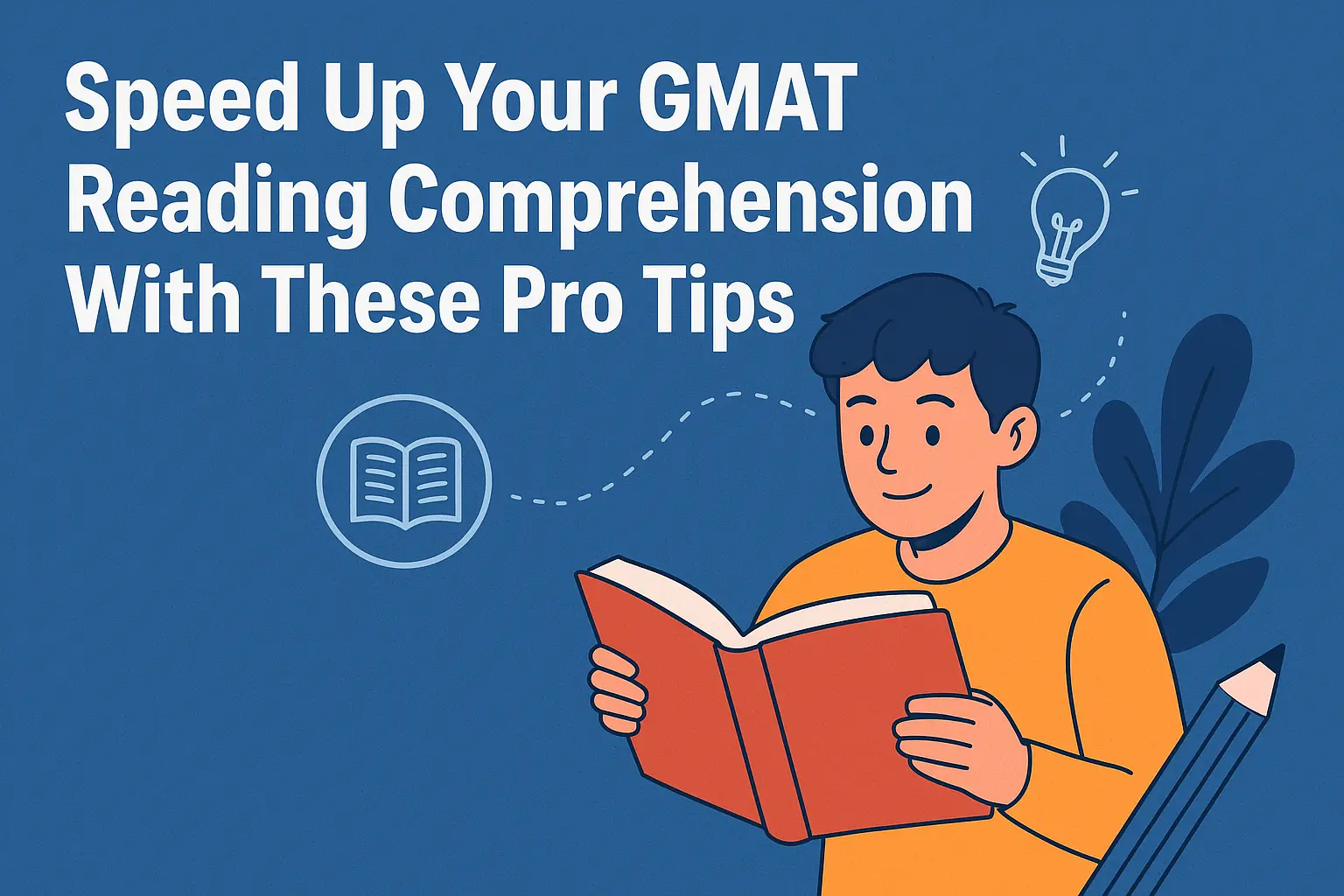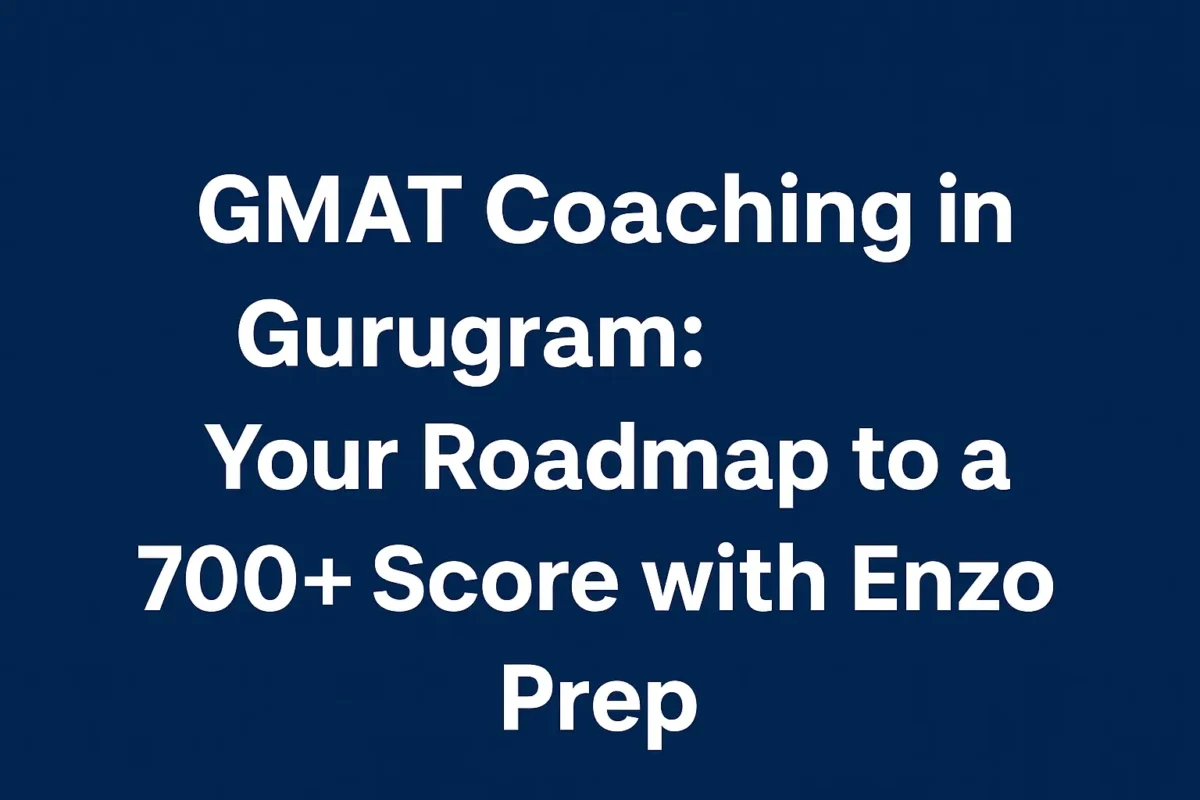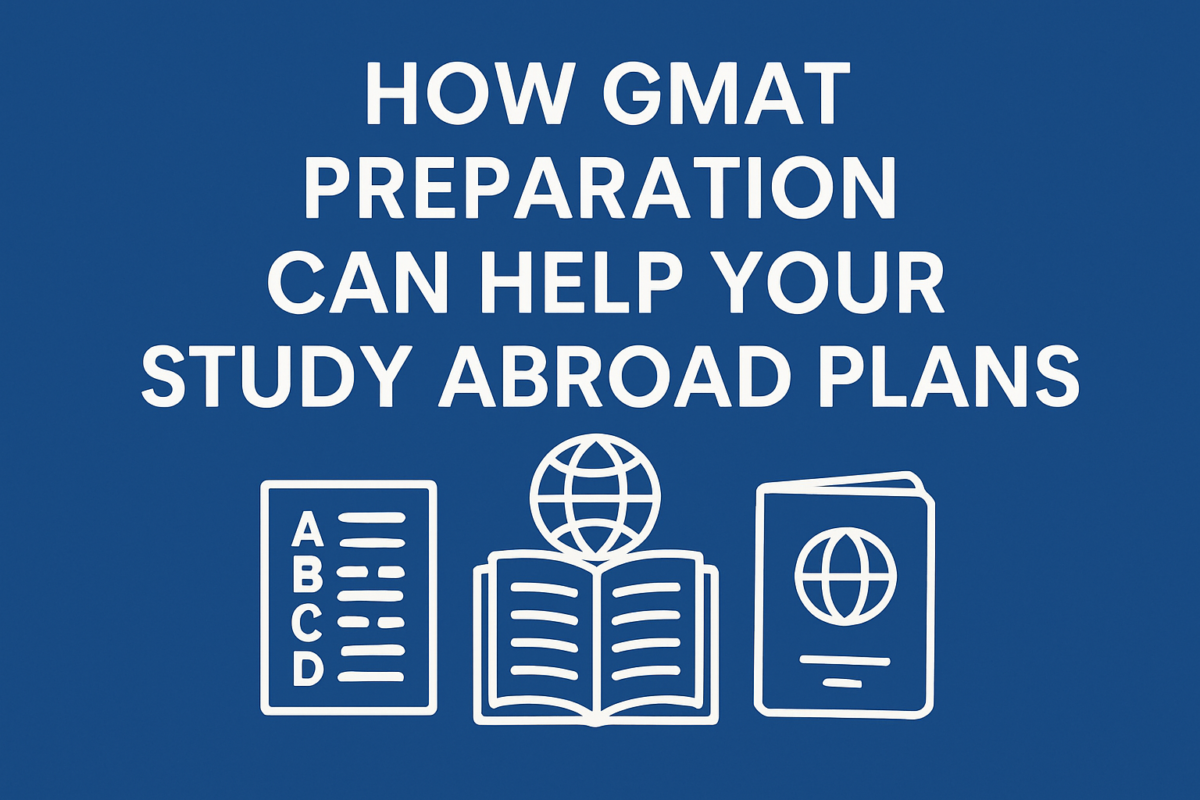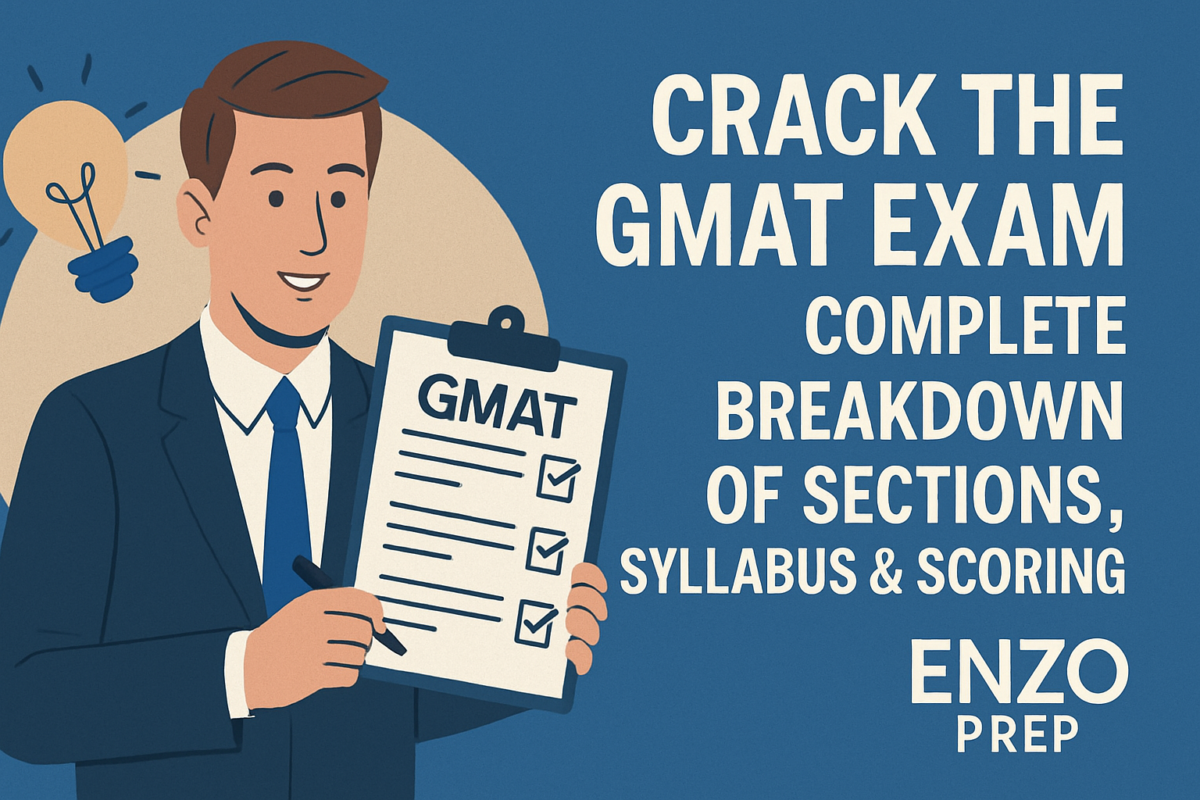The time-consuming part of GMAT test of verbal reasoning is usually reading comprehension. You get long passages, difficult language and interpretation questions that are tricky and you can get overwhelmed. However, after a little dose of smart preparations and the right plan of action, you can make a great deal faster and more accurate.
These are practical actions that you can take, whether you are just starting your GMAT career coaching or you’re studying at home, and these will prepare you to comfortably breeze through the GMAT reading comprehension section.
How Reading Comprehension Makes You go Slow
his is one of the areas where most students waste a lot of time in an attempt to learn each word of the reading. GMAT is really not a test over reading, but how good you understand and interpret when under pressure in time span. This is how we can remedy that.
1. Learn How to Skim
The trick is to read the passage twice; the first time, skim through it and go over only:
- The general point
- The building (the way that the passage is constructed)
- The tone of the writer
Or instead of reading line to line seek out topic sentences in each paragraph and proceed. This provides you with a guideline to use as you revisit to respond to the queries.
2. Become Aware of Types of Passages and Changing Course of Action
There are normally 3 categories of GMAT passages:
- Opinion-based: Gives an argument, or a side of the case
- Fact based: They communicate research, sets of data, or bits of history
- A theory-laden discourse of science or philosophy
Train to be able to distinguish at a glance what kind of passage you are reading. This allows you to know whether you are going to give emphasis on tone, logic or details. Your GMAT training must furnish you with drills that simulate all three kinds.
3. Think Keywords, not the Paragraph
Do not get in weeds. Use your brain to recognise:
- Transition words: but, and, on the contrary
- Signal phrases: the research has discovered, the author is of the opinion, critics claim
- Qualifiers: may, could, potentially- they give the suggestion of cautious conclusions
These expressions can usually lead to the questions you will get. Read them using them as anchor.
4. Before the Passage (When Practicing), Read the Questions (Before the Passage)
Although this may not be one of the things that one should do on the actual GMAT; training your brain to get the answers quickly can be achieved by doing it this way at home. Having a sense of the kind of questions which are upcoming (main idea, inference, tone) will also enable you to read more purposefully. This has already been practiced in most of the gmat preparation online programs.
5. Build Your Vocabulary – Smartly
You are not expected to know every word in the dictionary but familiarity with the GMAT vocabulary is going to decrease the pause time during reading. Focus on:
- Transition words in academia
- Tonesetting verbs (critic, praise, support, oppose)
- Terms that are related to science and the history (used in numerous passages)
Revise 5 words to 10 words a day using flashcards, app, or GMAT prep tools.
6. Elimination and Logic upon Difficult Questions
When you do not know the right answer pick out the obviously wrong ones first:
- Hot words such as always, never or totally, normally get it wrong.
- Choices that present new information should be avoided because they are probably traps.
- Employ logic. When two alternatives declare the converse of each other, then one of the alternatives must be right.
7. Timed-passage Practice Daily
Speed comes hand in hand with regular on-schedule practice, not with the long but occasional practice. Include one to two excerpts of RC material in your everyday preparation. Calculate your average time and decrease this time a bit. Passage banks with a timer is available in most GMAT preparation websites online- use them.
Final Takeaway: Read Smart, Not Slow
Success in GMAT reading comprehension is not about reading more—it’s about reading smarter. Use strategic skimming, look for structure, train with purpose, and you’ll see measurable improvement in both speed and score. If you’re serious about cracking the GMAT verbal section, make sure your gmat coaching includes targeted RC drills and analytics to track your weak spots.
FAQs
Q1. How much time should I spend on each RC passage?
- Try to finish each passage and its questions in 6–8 minutes max.
Q2. Do I need to remember the whole passage?
- No. You just need to know where to find the answers. That’s why structure and skimming are so important.
Q3. Are online resources enough for RC prep?
- Yes—if you choose a reliable GMAT preparation online platform with detailed RC practice and feedback.
Give us a Google review – https://maps.app.goo.gl/1Zz1XxVYPASJm8tU7









